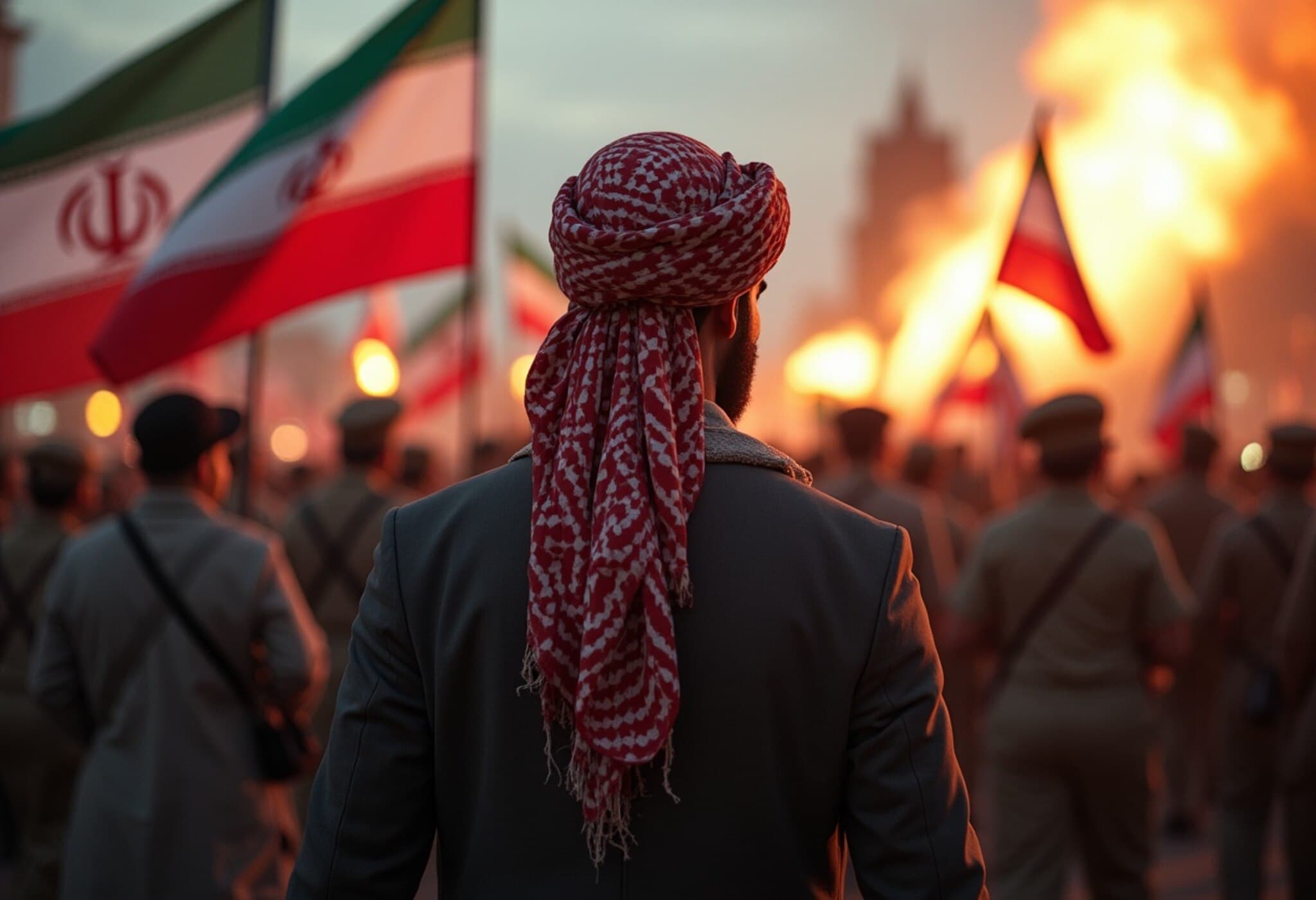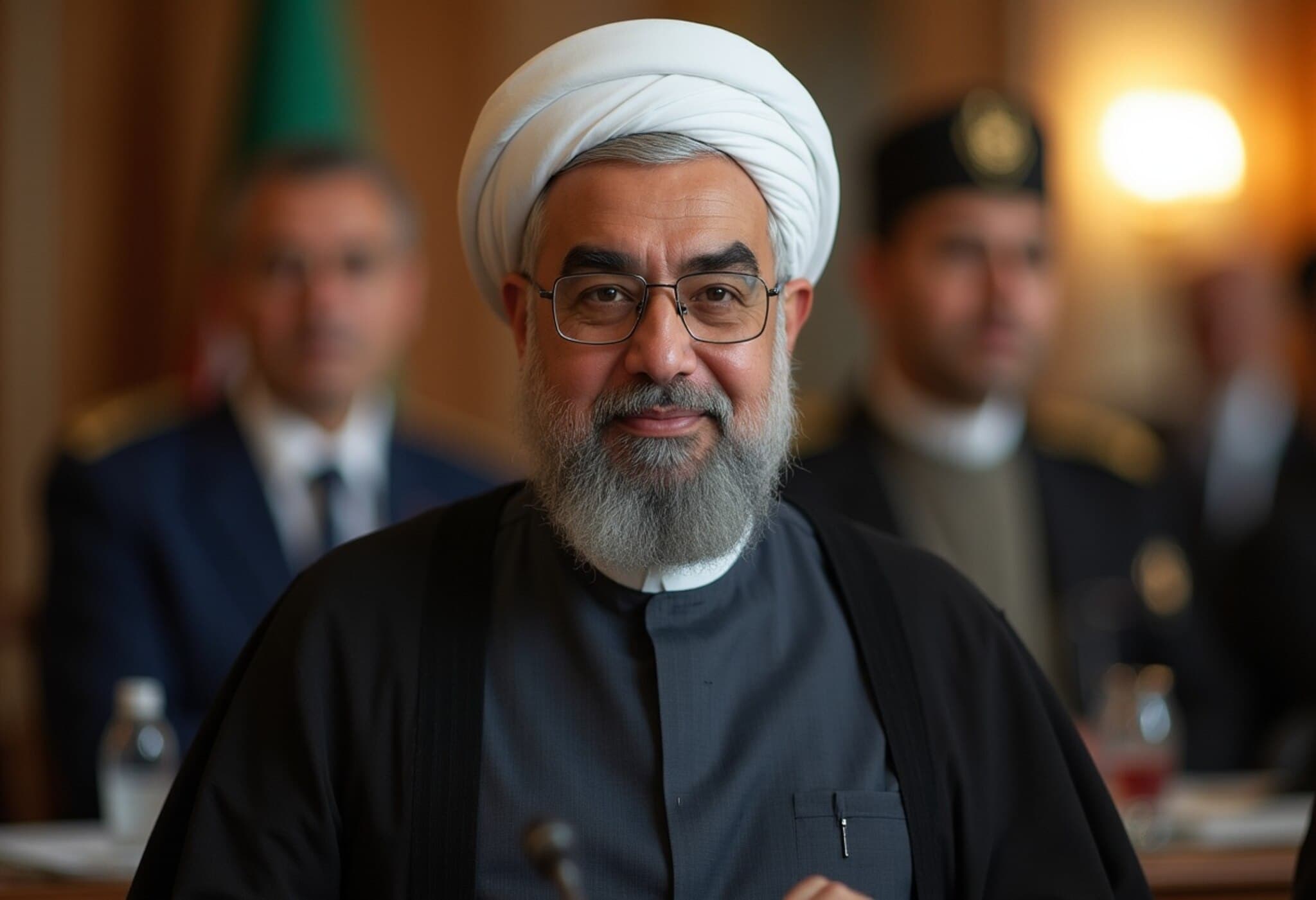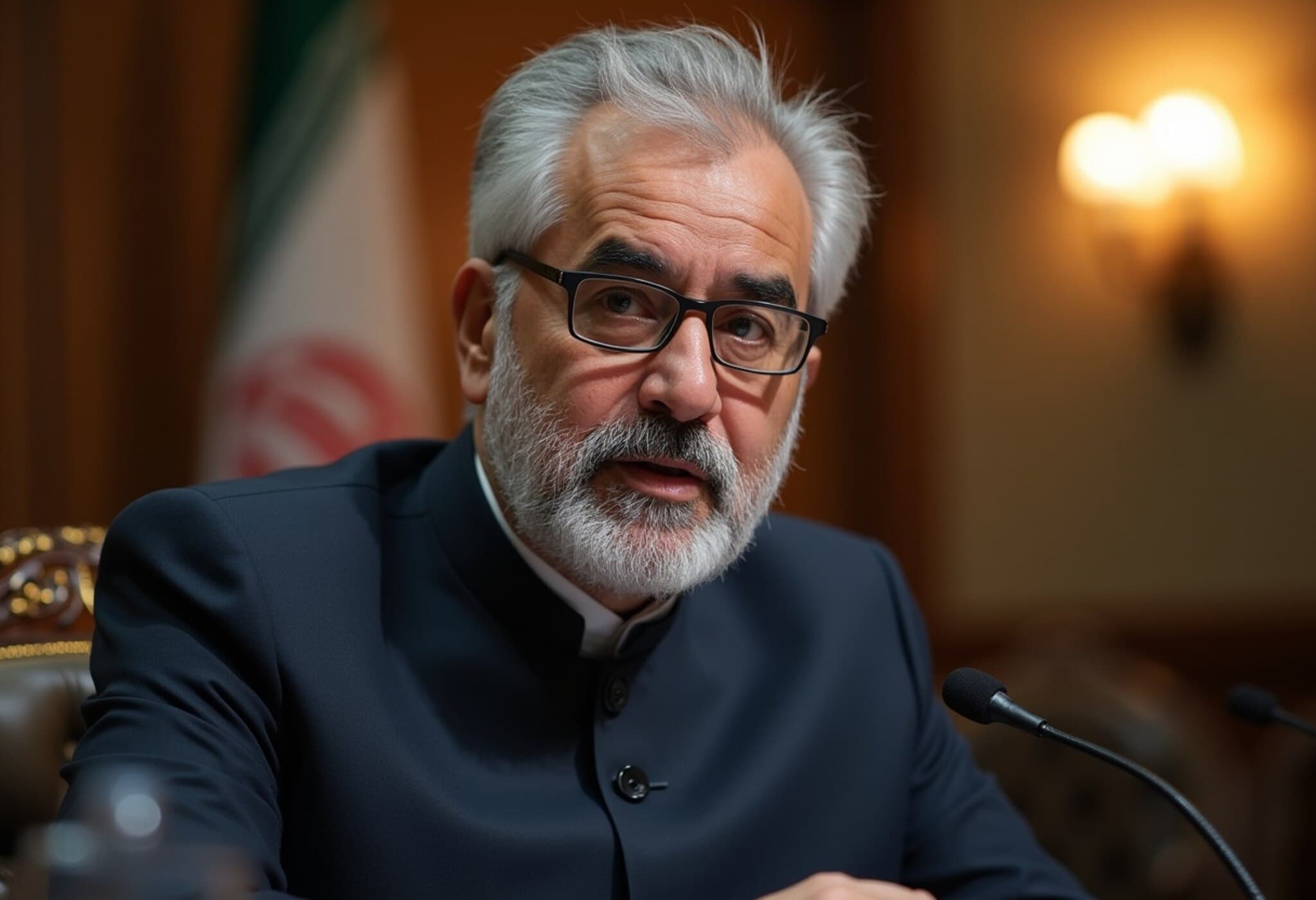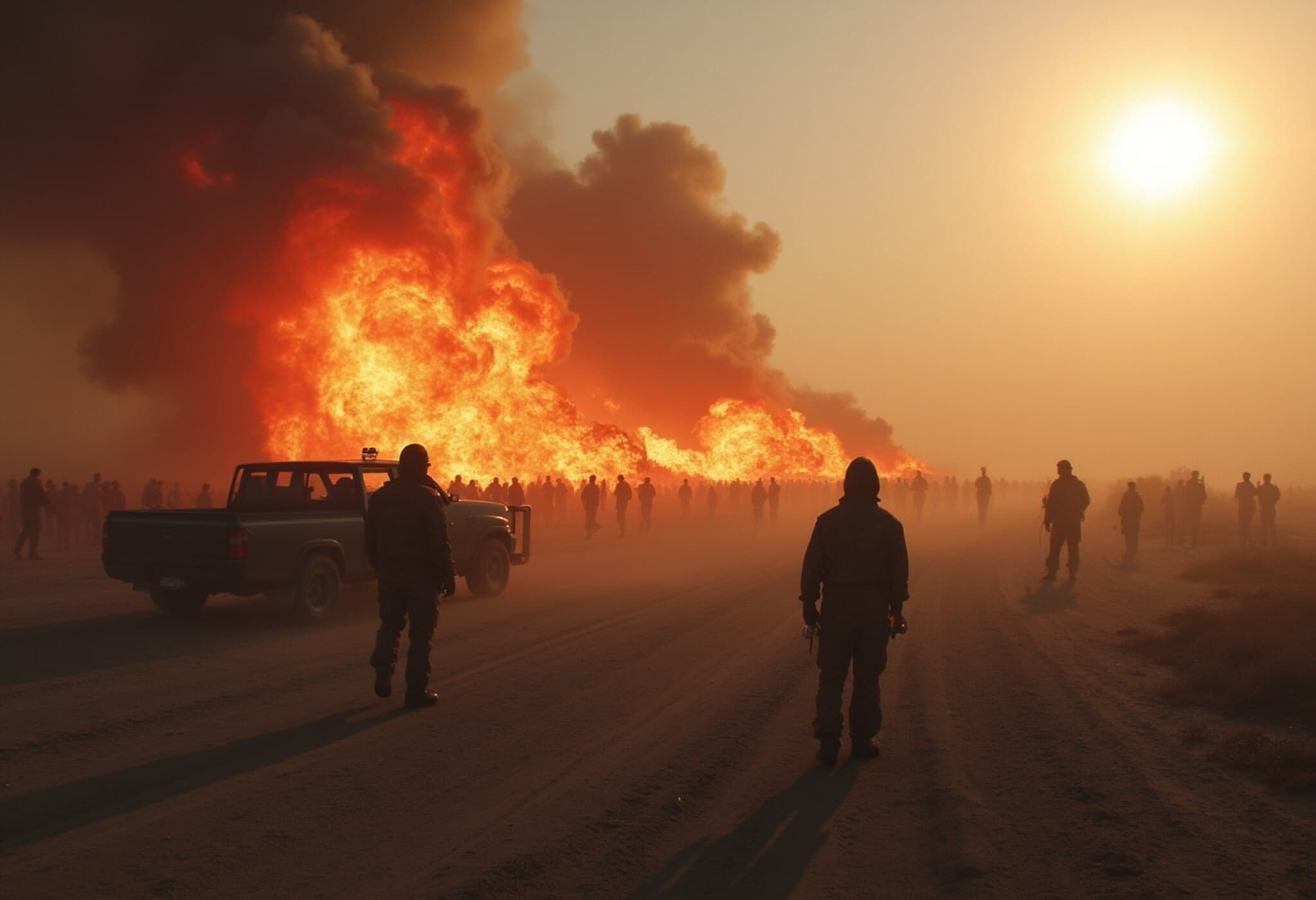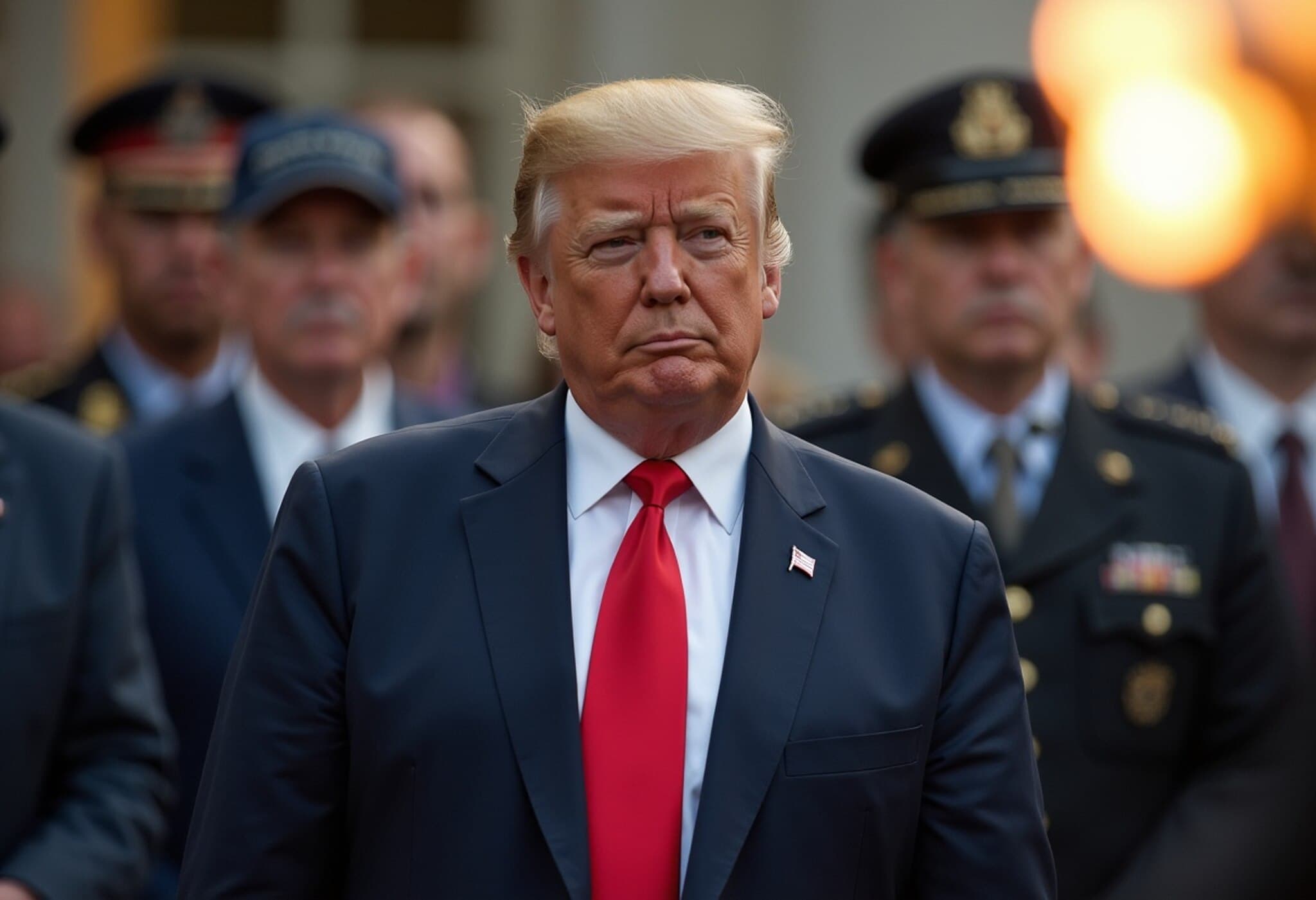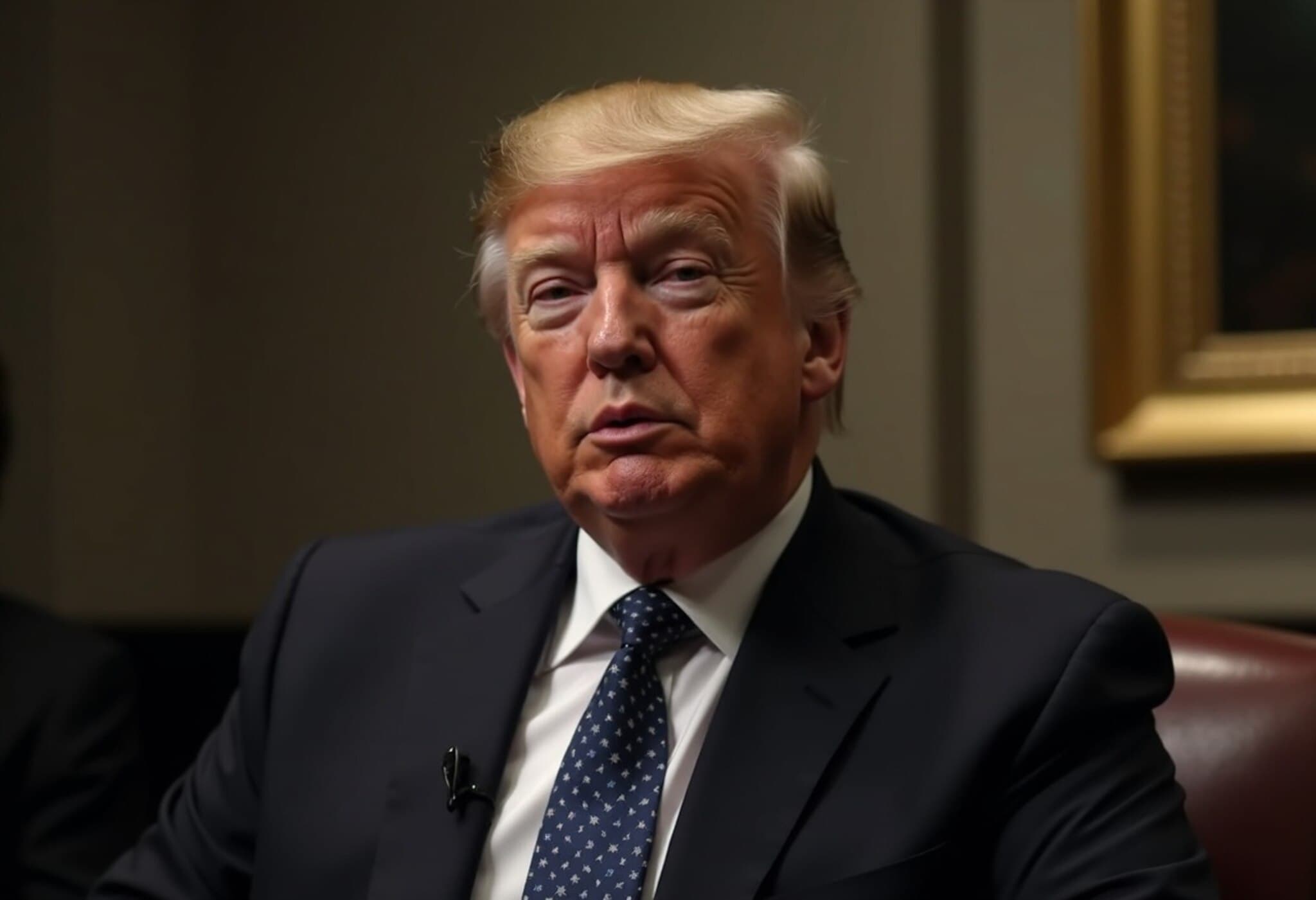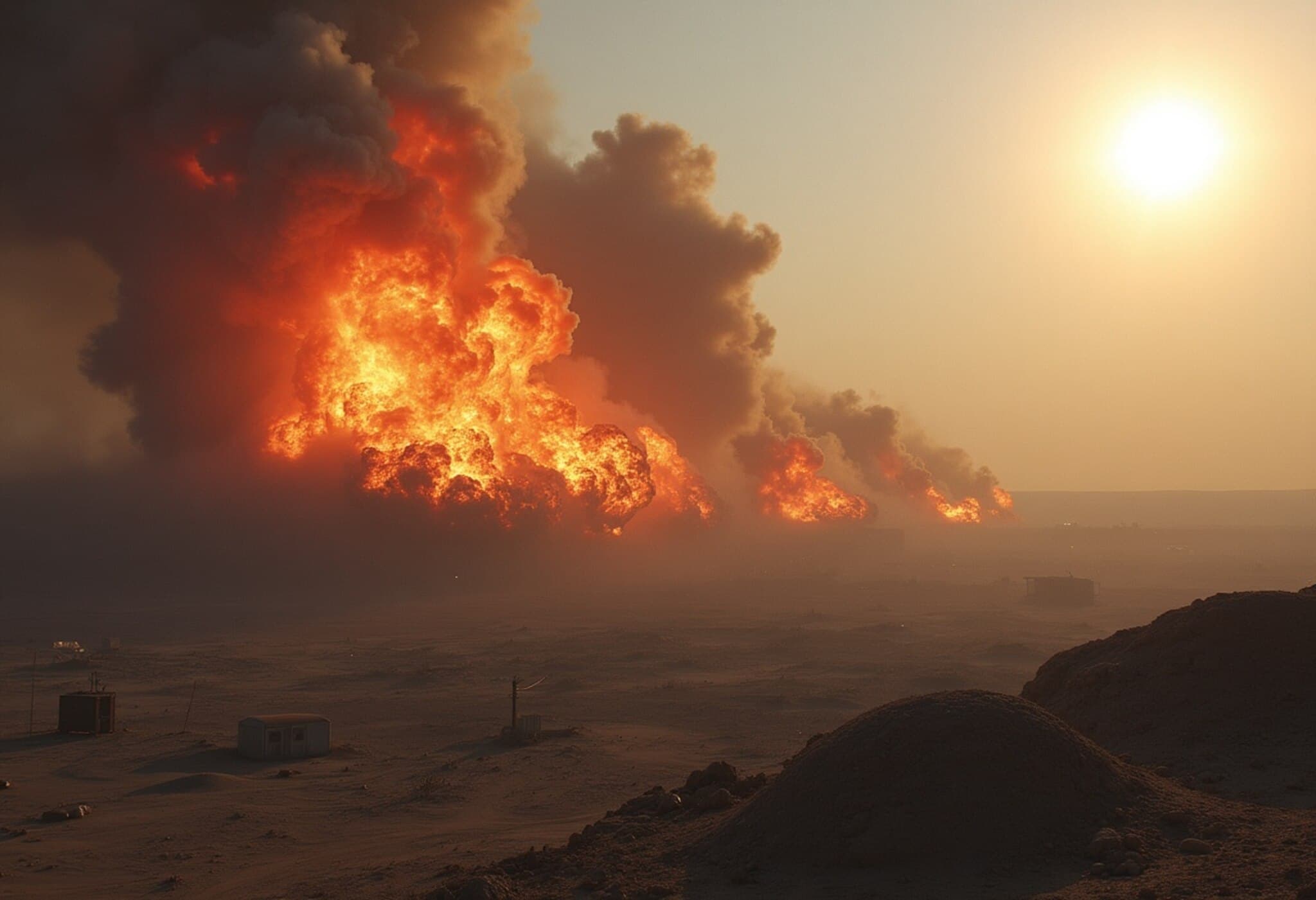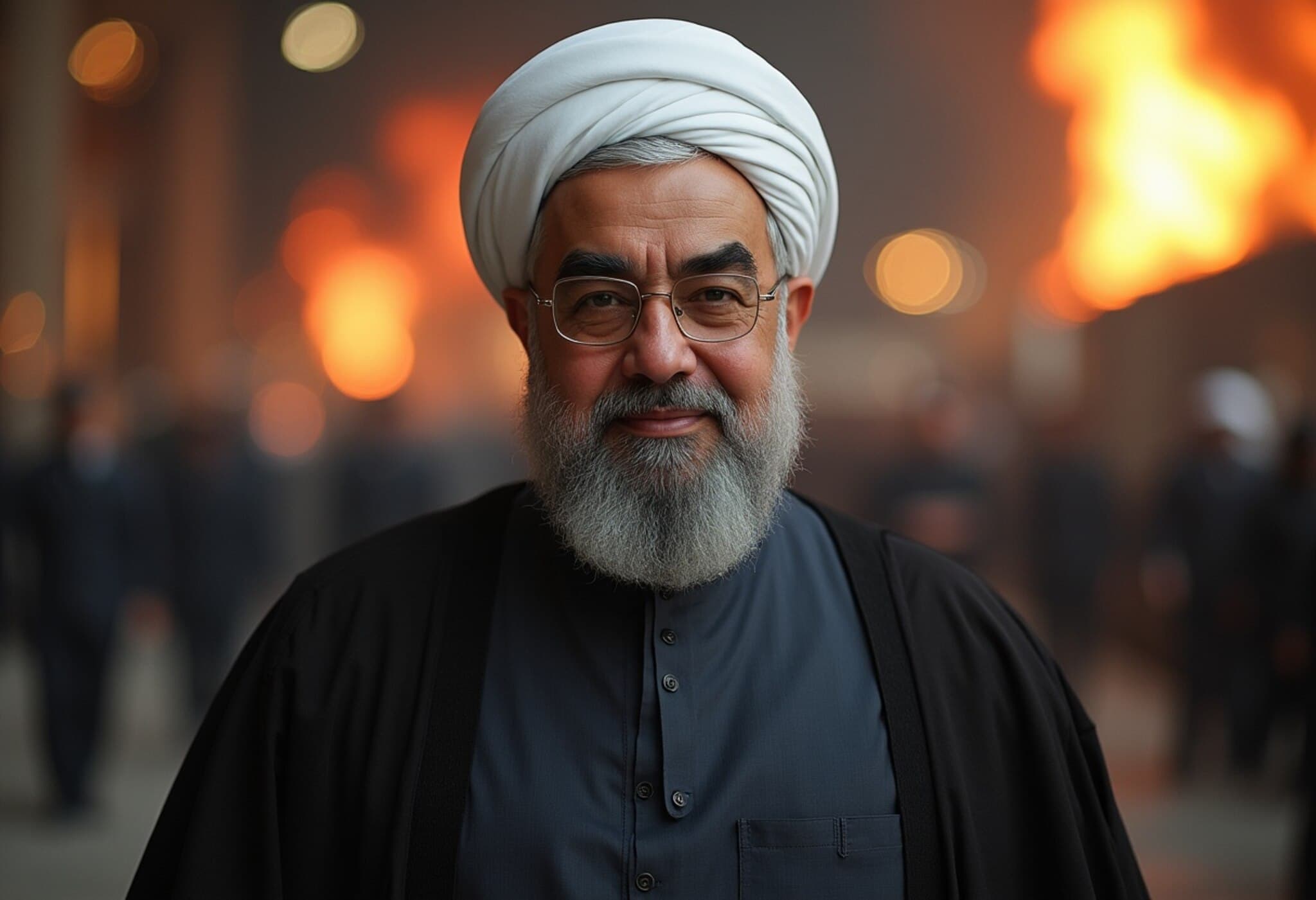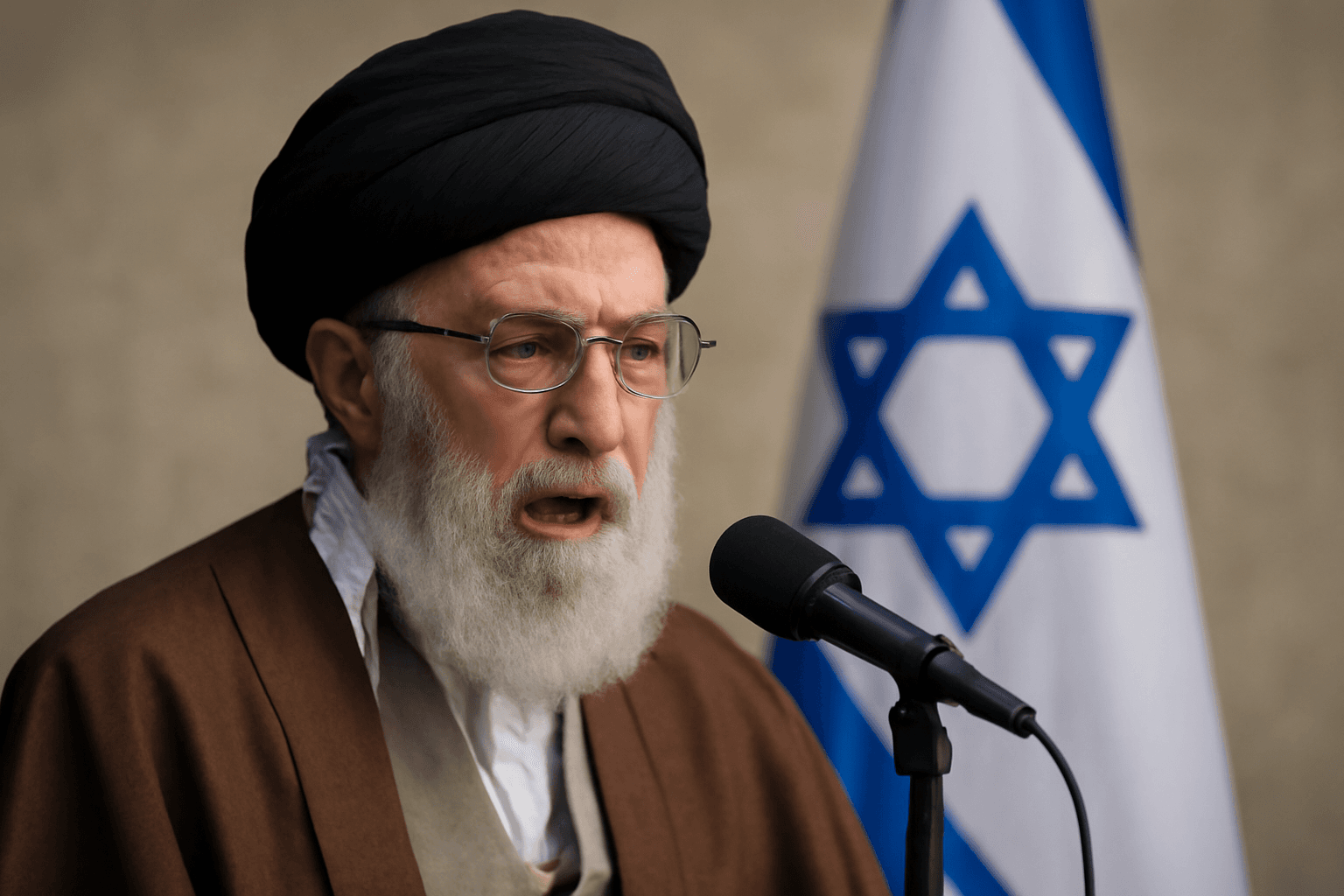Iran Explains the Meaning Behind “Death to America” Chant
On July 16, 2025, Iran’s parliament addressed the controversial slogan “Death to America,” clarifying that it does not express hostility toward the American people but is instead a sharp critique of the policies and leadership of the United States. Lawmakers emphasized during a parliamentary session that the phrase symbolizes opposition to “arrogance,” former President Donald Trump, and the broader US ruling authorities.
Contextualizing the Slogan: Political Protest, Not Personal Threat
In a statement reflecting widespread sentiment within Iranian political circles, officials reiterated that the chant is a metaphorical rejection of what they characterize as US global hegemony, interference in the Middle East, and a history of oppressive actions. “The slogan resonates because of America’s involvement in wars and meddling in other countries,” they explained.
This comes as a corrective response to common Western interpretations that conflate the phrase with an aggressive threat against American citizens. President Masoud Pezeshkian, speaking recently to American journalist Tucker Carlson, highlighted that the slogan calls for an end to perceived systemic violence—“death to crime, death to killing and carnage, death to supporting killing others,” rather than targeting ordinary Americans.
Diplomatic Implications: Nuclear Talks and Growing Tensions
Iran's stance on its relations with the United States remains complex and cautious, particularly regarding ongoing nuclear negotiations. On the same day as the slogan clarification, Iran’s parliament insisted there would be no resumption of nuclear talks without concrete preconditions being met, emphasizing skepticism about US intentions.
The parliamentary statement accused Washington of using diplomacy as a smokescreen for military aggression, specifically referencing concerns about sudden attacks allegedly supported by Israel. Though Iran did not publicly disclose all the preconditions, Foreign Minister Abbas Araqchi has previously demanded security guarantees, especially protection against possible strikes on Iranian soil.
The Geopolitical Backdrop: Nuclear Program and Regional Security
- Iran maintains that its nuclear projects are civilian in nature, despite accusations by Israel and the US that they have weaponization aims.
- Past indirect nuclear talks held in Oman were stalled chiefly over US insistence that Iran cease uranium enrichment.
- Iran rejects any agreements that would limit its uranium enrichment or require discussions on ballistic missile capabilities.
- Recent heightened rhetoric comes amid Israeli airstrikes targeting Iranian-backed locations and threats from US leadership.
- Despite hostilities, Western powers set an informal deadline of late August for a renewed nuclear deal.
Expert Insight: The Complexity Behind Political Slogans
Political slogans like “Death to America” can often be misunderstood when taken outside their cultural and historical context. As Dr. Sarah Thompson, an expert in Middle Eastern diplomacy at Georgetown University, explains, “Such phrases encapsulate deep-rooted grievances, symbolic resistance, and historical memory rather than straightforward calls for violence. Misinterpretation can exacerbate tensions and foreclose diplomatic opportunities.”
Understanding the nuance behind Iran’s expressions of dissent is essential for policymakers and media alike to avoid inflaming rhetoric that hinders dialogue and pursues longstanding conflicts.
Looking Ahead: Challenges for US-Iran Relations
The clarifications issued by Iran highlight ongoing mistrust and the challenges that remain in US-Iran relations. The focus on leadership and policy critiques — rather than animosity towards ordinary citizens — opens space for public discourse and potential engagement, provided mutual respect and genuine negotiation efforts persist.
However, given the history of conflict in the region, skepticism remains high on both sides. The international community watches closely as nuclear talks approach the August deadline amid increasing pressure from political factions advocating hardline positions.
Editor’s Note
The complexity of phrases like “Death to America” underscores how language in international politics often carries layers of meaning shaped by history, culture, and geopolitical realities. As this story unfolds, readers should consider how simplifications can hinder understanding and the importance of nuanced dialogue in conflict resolution. How can diplomatic channels better incorporate cultural literacy to break cycles of mistrust? The dynamics between Iran and the US are a vivid reminder that effective communication often lies beyond slogans and headlines.

